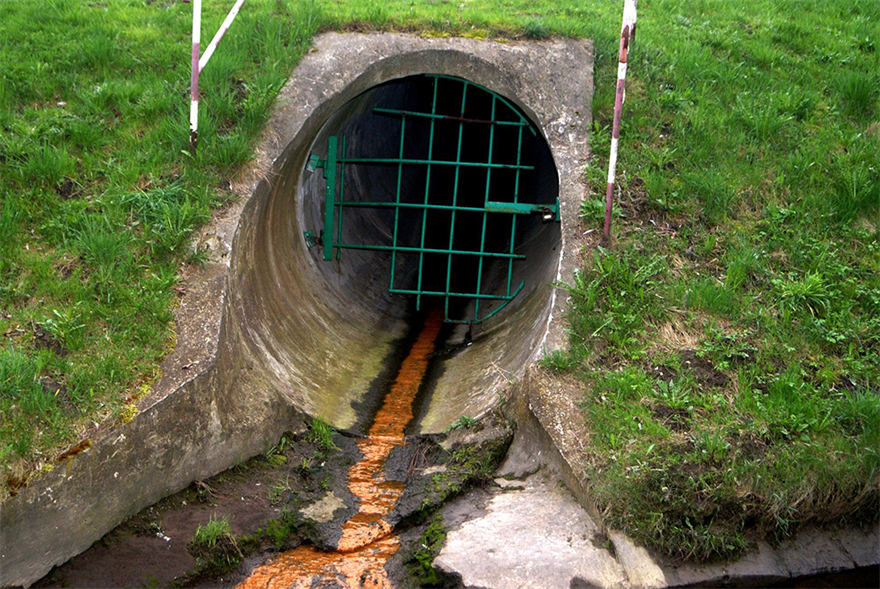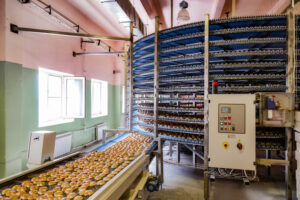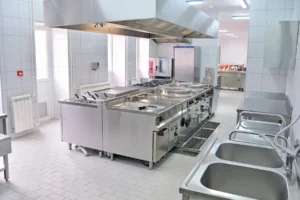Environmental compliance is designed to make sure that businesses and individuals abide by environmental laws and regulations set by the government.
It’s important because it helps protect the environment from pollution and degradation. It also helps to ensure that businesses are operating in an environmentally responsible manner.
Failing to comply not only poses a threat to the environment, but it can also negatively impact business operations. Organisations can be fined by the regulator which then becomes a PR disaster – as experienced by many well-known brands.
To achieve environmental compliance, you need to develop and implement robust policies and procedures that enable your business to adhere to environmental regulations. Additionally, you may be required to submit reports or evidence to regulators detailing how you comply with them.
In this blog we highlight two situations where environmental compliance breaches can happen. These are based on our own experience of working in this field for many years. Of course, there are many more examples we can share with you. Please get in touch if you’d like to learn more.
1. MISSING OR UNSUITABLE TRADE EFFLUENT CONSENTS
Despite the law, there are organisations out there who are operating without sufficient consent to discharge. This is an offence and can have harmful consequences for people and the environment.
Trade effluent is any kind of liquid waste that’s produced because of commercial or industrial activity. It can include things like wastewater that’s used in food and drink manufacturing processes, right through to groundwater from a temporary building site.
To discharge your trade effluent into a public sewer, you need to apply for consent from your local water company. This is in line with the Water Industry Act of 1991 and is designed to: prevent environmental pollution; safeguard the health of water company employees and residents; and protect water asset infrastructure.
The consent you receive is based upon your adherence to certain limits. For example, your consent will specify the volume of trade effluent you’re allowed to discharge to prevent flooding. And it’ll also specify the pH levels your trade effluent must reach, to minimise risks to people or water assets.
These conditions must be regularly monitored. After all, water companies have the right to take trade effluent samples from your business at any point to make sure you’re not breaching your limits.
2.THE INCORRECT DISPOSAL OF FAT AND FOOD WASTE
While hospitality businesses like takeaways and restaurants aren’t required to apply for trade effluent consent – they do have a legal obligation to make sure their fat and food waste doesn’t stop the free flowing of sewers.
The environmental compliance requirements around this topic are specified in the Water Industry Act of 1991. The regulations are designed to stop blockages that happen when oils, sauces, gravies, dough, and all sorts of food debris is allowed to escape down plugholes or drains.
Blocked pipes lead to sewer floods that damage properties, pollute rivers and seas, and are expensive to sort out. That’s why water companies can take enforcement action against food service establishments to stop this from happening.
Despite it being an offence to block the sewers, the regulations are still not being adhered to by some commercial kitchens. This is largely because food business owners aren’t aware of what’s required. In our experience, they might have insufficient grease trapping equipment in place, or some of their kitchen staff require extra training around fat and food waste disposal.
For example, some food service establishments we visit have grease traps that are now undersized because their business has grown. This means the equipment is failing to stop all the fats, oils, and grease (FOG) being discharged into the public sewer – because there’s too much of it for the grease trap to handle.
Additionally, many commercial kitchens we audit have floor drains. We sometimes observe kitchen staff sweeping food debris into these drains, or we see uncovered oil being stored nearby that could easily spill over into the drains. These are examples of how easy it is to create a build-up of FOG in pipes that can lead to catastrophic consequences.
HOW SAVANNAH CAN HELP YOU WITH ENVIRONMENTAL COMPLIANCE
Our team has an in-depth understanding of the ever-changing regulatory and environmental compliance requirements for businesses. Including the Water Industry Act of 1991.
Helping you to gain the correct trade effluent consent is one of our areas of expertise. As is minimising food waste and disposing of it correctly.
We audit premises; negotiate with water companies on your behalf; collect and analyse wastewater samples; educate and train your people on best management practices within commercial kitchens; and provide a range of advice and solutions around trade effluent.





